Jung Tsai
I have no issue with the content of Miss Chiang’s graduation speech at Harvard 2025—it was well-prepared and thoughtfully delivered. Nor do I object to the Chinese student’s decision to remove the protester during the Chinese ambassador’s address at Harvard (albeit through rough means); it was a judgment call. However, I do take issue with two things: the selecting a Chinese speaker with her family close ties to CCP at the time when China’s global actions are raising concerns about world peace, and the severity of the punishment imposed on the Taiwanese protesters afterward.
These events raise serious questions about whether Harvard still stands by its professed values of justice, inclusiveness, fairness, and equality. Such contradictions only serve to validate criticisms from figures like Donald Trump, who have suggested withholding federal funding from institutions that appear ideologically biased. If schools like Harvard and those in California are perceived as dominated by radical ideologic agendas, they risk alienating broader public support. Harvard indeed received 68% of government funding ranging from grants, various tax waivers and write offs.
Fortunately, the United States is home to many outstanding academic institutions, each capable of making significant contributions to the national intellectual growth. Let them rise and fall based on merit and good faith to society.
My grand mentor, Dr. David Hume—who passed away too soon and was expected to share the Nobel Prize with Dr. Joseph Murray for the first successful kidney transplant at Harvard—chose instead to move part of the transplant team to the south at MCV. That decision helped train Dr. Christiaan Barnard, who went on to perform the world’s first heart transplant in South Africa. The rest is history.
